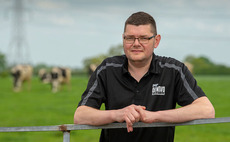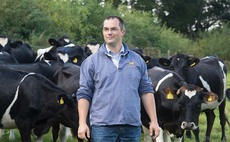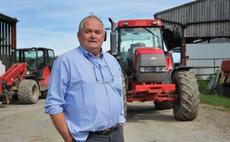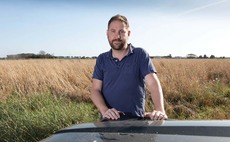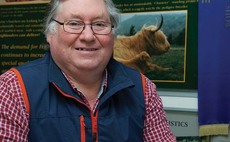Blogs
Farm Life
Jim Beary is a mixed upland livestock farmer in the Peak District and a member of the Future Farmers of Yorkshire at the Yorkshire Agricultural Society.
Livestock
Thomas Carrick is part of a family-run upland beef and sheep farm in the North Pennines, near Alston. With pure-bred Swaledales to produce Mule lambs, they also run Salers cross cattle with Aberdeen-Angus calves which they finish at home.
Livestock
None of us could anticipate just how altered the world has become in a matter of weeks. We are all affected by Covid-19, in so many ways, and it has never felt more important to reach out and communicate, both in our rural communities and more widely.
Livestock
The roads are so quiet and the air is only broken by birdsong and young lambs and their mothers calling to each other.
Farm Life
The last three weeks have seen a marked shift in how and where we buy our food. It is a pattern that will remain while we are in lockdown and I suspect there will be a few habits or behaviours that persist for the longer term.
Livestock
Cheshire dairy farmer Andrew attended Harper Adams university and went on to manage pedigree and commercial herds. He secured a job with breeding company Genus, where he became sire analyst. He has now returned home to manage the 350-cow herd.
Livestock
Sadly, the world has certainly changed beyond recognition from a month ago and, with coronavirus restrictions looking set to continue over summer, we seem to be living a very different life.
Livestock
This month Roger Evans reveals that he will never be afraid of media trolls, tells us why HS2 will be out of date before it opens, and finally fesses up to the fact that he is not a doctor after all.
Farm Life
In theory, it should be fairly easy to farm while staying two metres away from every other human being. Open fields and solitary tractor cabs mean arable farming is fairly self-isolating at the best of times. There are clearly fewer face-to-face meetings than, say, being Prime Minister.
Arable
The lockdown of most of the nation’s population will hopefully have the desired effect of slowing down this hellish virus.

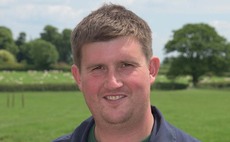
 19 April 2020
•
3 min read
19 April 2020
•
3 min read




